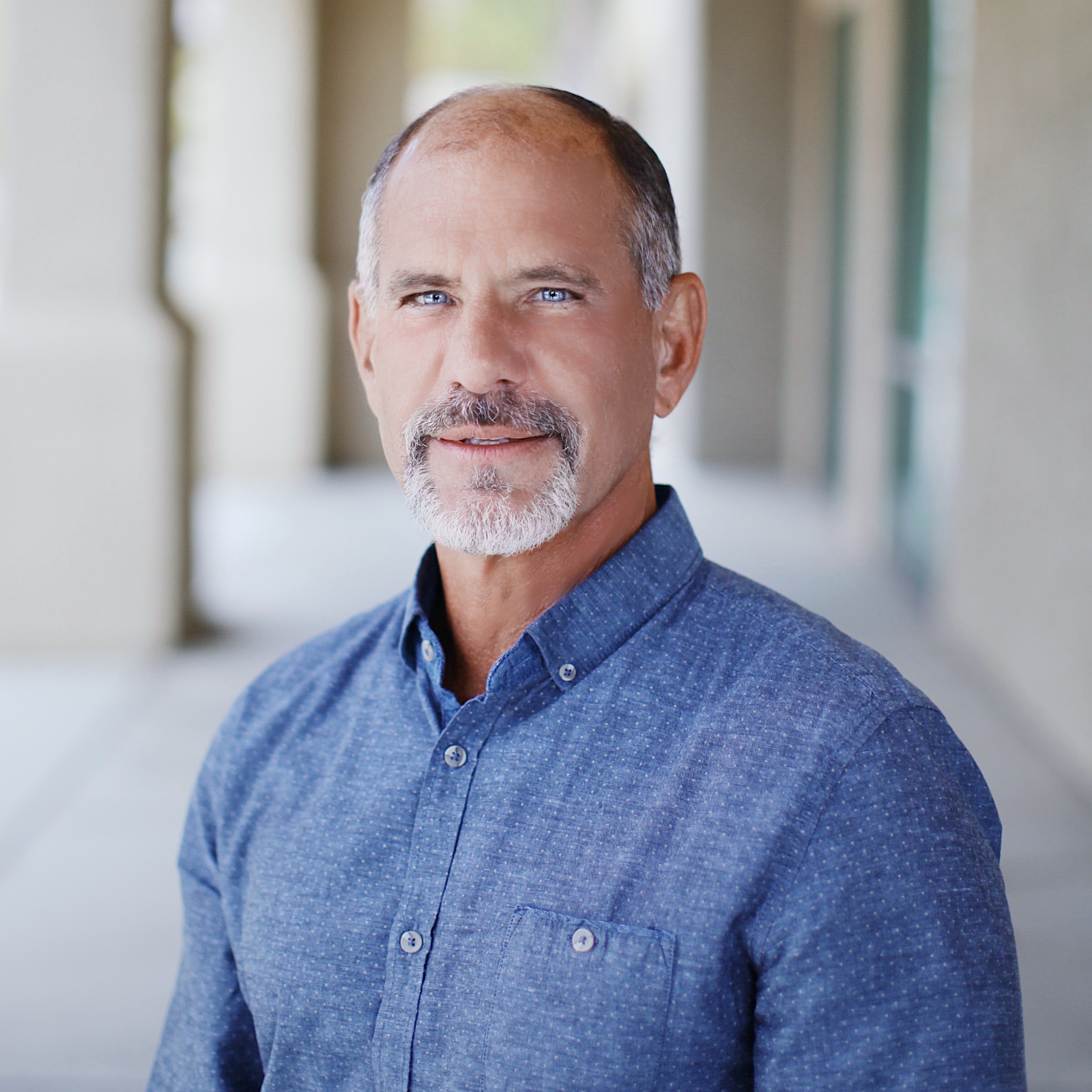“And he said to him, ‘You shall love the Lord your God with all your heart
and with all your soul and with all your mind.'”
Matthew 22:37 (ESV)
The heart. In Scripture, it represents the very core of our being—the seat of our emotions, desires, and deepest commitments. When Jesus commands us to love God with all our heart, He’s calling us to something far more profound than fleeting feelings or Sunday morning sentimentality. He’s demanding nothing less than the complete surrender of our innermost selves.
Consider the Hebrew word “lev,” often translated as heart in the Old Testament. It encompasses not just emotions, but the entire inner person—our will, our desires, our fundamental orientation toward life. When we love God with all our heart, we’re not simply adding religious feeling to our existing priorities; we’re fundamentally reordering our entire emotional and volitional life around Him.
This whole-hearted love isn’t about perfection—it’s about direction. King David, described as “a man after God’s own heart,” wasn’t sinless. Yet his psalms reveal someone consistently turning back to God, even in failure. In Psalm 51, after his grievous sin with Bathsheba, David cries out, “Create in me a clean heart, O God, and renew a right spirit within me.” This is the heart God desires—not one that never fails, but one that always returns.
What does it look like practically to love God with all our heart? It begins with honest self-examination.
- What captures your deepest affections?
- Where do you turn for comfort, security, and joy?
The heart that loves God supremely finds its ultimate satisfaction in Him, not in career success, relationships, or material possessions. This doesn’t mean we can’t enjoy these gifts, but they must never become idols, surrogate gods.
Whole-hearted love also means emotional authenticity before God. The Psalms teach us to bring our full range of emotions—joy, anger, fear, doubt—directly to Him. David doesn’t sanitize his feelings; he pours them out before the Lord. “Why are you cast down, O my soul?” he asks in Psalm 42. This kind of raw honesty is the mark of a heart that trusts God enough to be completely vulnerable.
Furthermore, loving God with all our heart requires cultivating spiritual affections. Just as we develop a taste for fine music or literature through exposure and practice, we develop love for God through consistent engagement with His Word, prayer, and worship. The Puritan pastor Richard Baxter wisely observed that “the heart is the main thing in religion.” We must feed our hearts on truth that stirs our affections for Christ.
The greatest threat to whole-hearted love isn’t necessarily outright rebellion—it’s the slow drift toward divided loyalties. Jesus warned that “no one can serve two masters.” The heart that attempts to love God while clinging to other ultimate allegiances will find itself torn and unfulfilled. This is why Jesus calls for ALL our heart—not most of it, not the Sunday portion, but every chamber and corridor of our inner life.
Consider how this applies to our daily choices. When facing decisions, the heart that loves God wholly asks not just “What benefits me?” but “What honors Him?” When hurt by others, it asks not just “How can I protect myself?” but “How can I reflect His character?” When blessed with success, it asks not just “How can I celebrate?” but “How can I give Him glory?”
The beautiful promise is that as we learn to love God with all our heart, we discover that He has loved us first with His whole heart. The cross demonstrates the extent of God’s whole-hearted love—He held nothing back, not even His own Son. [John 3:16] This divine love becomes both our motivation and our enablement to love Him in return.
As you reflect on this command today, ask yourself: What would it look like for me to love God more than I do right now? Perhaps it’s surrendering a worry you’ve been clutching, choosing gratitude over complaint, or simply spending time in His presence without an agenda. The heart that loves God wholly is developed not through dramatic gestures but through daily, deliberate choices to turn toward Him.
Prayer: Father, You deserve all my heart, yet I confess how often I offer You only fragments. Create in me a clean heart that beats with love for You alone. Help me to find my deepest joy, security, and purpose in You. In Jesus’ name, Amen.

Lance is the founding and lead pastor of Calvary Chapel Oxnard where he has served since 1982. Lance & David Guzik co-pastored the church for six years before David planted a church in a nearby community.
Lance & his wife Lynn were married in 1980 and have three adult children and five grandchildren. Lance loves teaching the Bible, History, and Leadership. He holds Masters-of-Arts in Biblical Studies and Ministry.
Lance serves as a chaplain for both the Oxnard and Port Hueneme Police Departments and enjoys backpacking, wood-working, working out, gardening, home improvement projects, reading, and graphic design.
The popular Communio Sanctorum: History of the Christian Church podcast can be found in both audio and video at the Into His Image website along with a growing inventory of Lances teaching.




